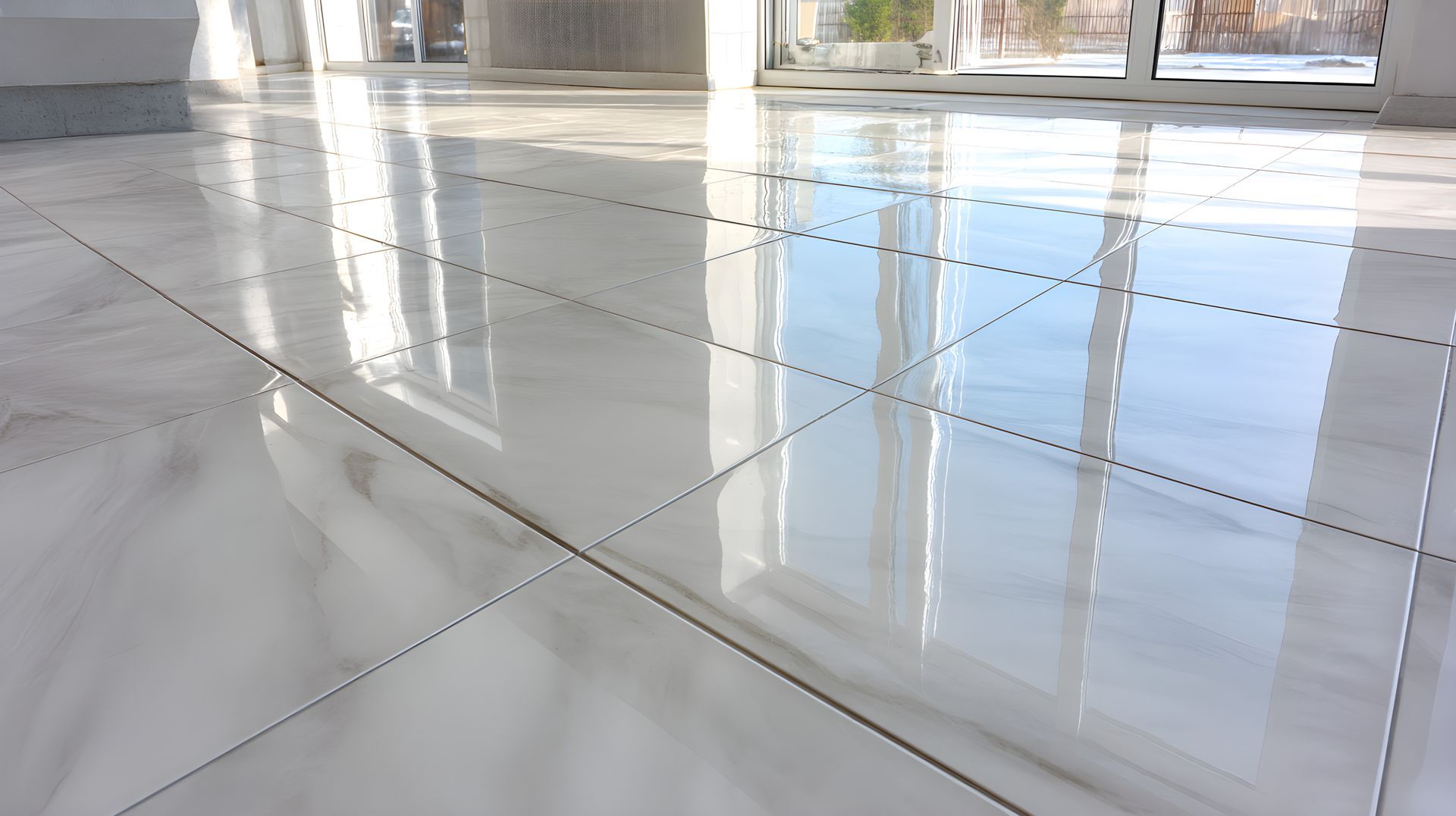Cleaning stone surfaces, be it your elegant marble countertop, the picturesque slate patio, or the classic limestone fireplace, is not as simple as one might think. Improper cleaning can lead to scratches, stains, and long-term damage that takes away the charm of your stone installations. There are two ways to approach this task: Do-It-Yourself (DIY) or hiring a professional stone cleaning service. But which method is best? Here we'll explore the pros and cons of both options, so you can make the most informed decision.
DIY Stone Cleaning
Pros
- Cost-Effective: Without a doubt, DIY stone cleaning is a cheaper option compared to hiring professionals. The only expenses you'll incur are buying the necessary cleaning supplies, which are usually available at affordable prices.
- Convenience and Flexibility: Cleaning the stones yourself allows you to work at your own pace and choose a time that fits your schedule. There's no need to worry about coordinating with a service provider's availability.
Cons
- Risk of Damage: Natural stones are sensitive and require specific care. Different stones require different cleaning methods, and using the wrong approach can lead to damage. An accidental spill of a harsh cleaner on a marble surface, for instance, can lead to unsightly etching.
- Time-Consuming: Stone cleaning is not a simple task. It can be time-consuming, especially if the area is large or the grime and dirt are deeply ingrained.
- Lack of Deep Cleaning: DIY cleaning methods can often deal with surface dirt but fail to achieve the deep cleaning provided by professionals, potentially leading to the build-up of dirt and bacteria over time.
Professional Stone Cleaning
Pros
- Expert Knowledge and Experience: Professional stone cleaners are trained in handling different types of stone surfaces. They know which methods and products to use and how to avoid damage, ensuring the longevity and aesthetics of your stone features.
- Deep Cleaning: Professionals have access to industrial-grade equipment and solutions that can deliver a deep and thorough cleaning, something that is hard to achieve with regular household cleaning supplies.
- Time-saving: Hiring professionals can free up your time, allowing you to focus on other important tasks or simply relax and enjoy your day. Plus, they usually complete the task much faster due to their expertise and the equipment they use.
Cons
- Cost: Professional stone cleaning services can be pricey, depending on the area to be cleaned and the type of stone. It's a significant investment, but for many, the benefits outweigh the costs.
- Scheduling: You need to plan and schedule a professional cleaning, which can be a bit of a hassle, especially if you have a busy routine. However, many companies offer flexible timings to cater to their clients' needs.
Both DIY and professional stone cleaning have their pros and cons. The choice between the two largely depends on your budget, the type and condition of the stone surfaces, and how much time you can devote to the task. For routine cleaning and small areas, a DIY approach might work well. However, for extensive, stubborn grime or specialized stone surfaces, hiring professionals is usually the safer, more effective option. Regardless of the route you choose, proper cleaning is key to maintaining the beauty and durability of your stone surfaces.


